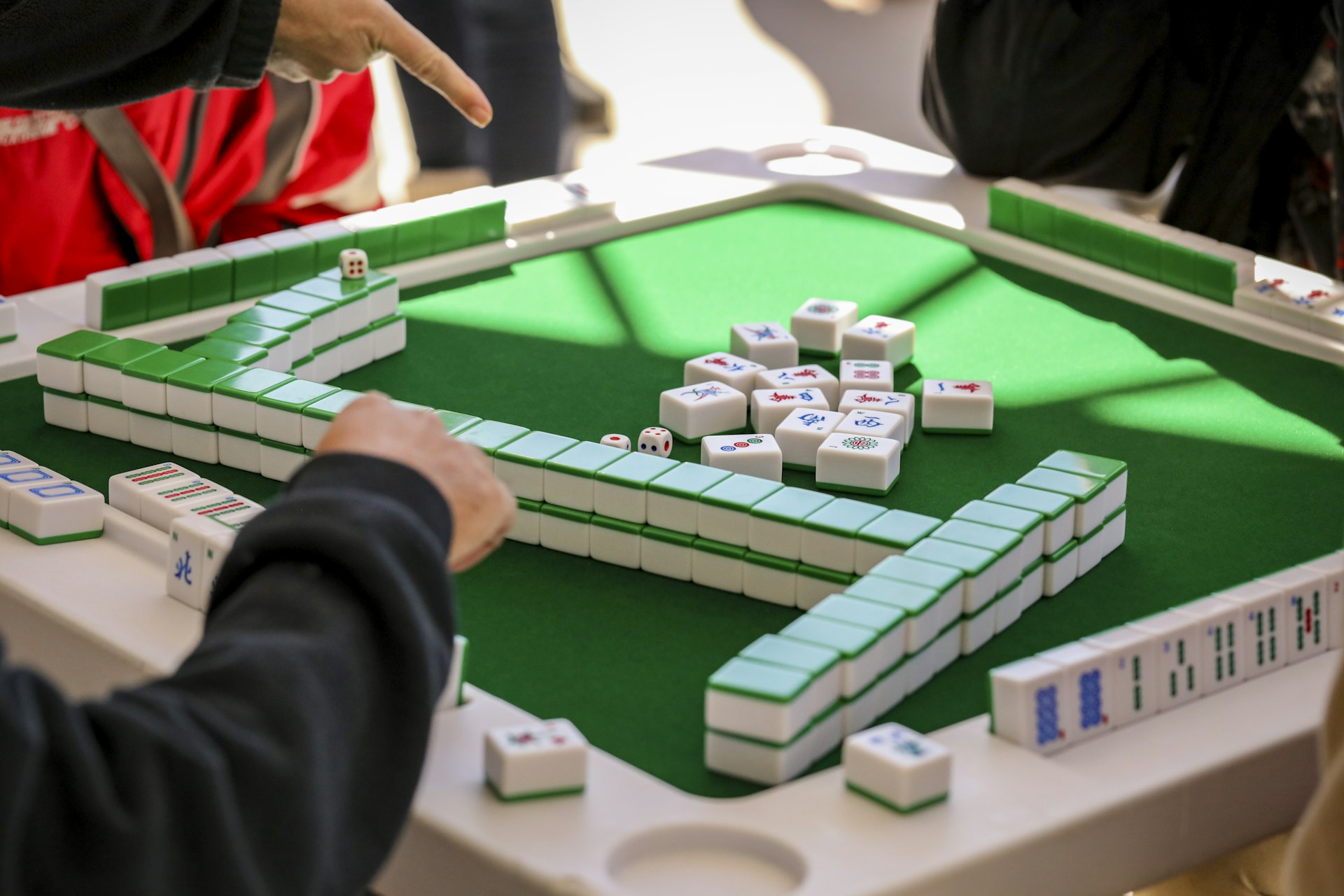Gamification: Transforming Customer Engagement in Real Estate


Photo by Mick Haupt on Unsplash
Introduction: Gamification as a Game-Changer in Real Estate
In the competitive world of real estate, customer engagement is the cornerstone of successful transactions and lasting relationships. Traditional marketing and sales approaches are being redefined by gamification -the application of game design elements to non-game contexts. This method not only makes property browsing and agent interactions more enjoyable, but also drives measurable improvements in user retention, lead generation, and sales conversion. As digital transformation accelerates, understanding and implementing gamification can help agencies and platforms stand out in a crowded market.
What is Gamification and Why Does It Matter?
Gamification involves integrating features such as points, challenges, leaderboards, and rewards into digital platforms and processes. In real estate, this can mean incentivizing property searches, motivating agents, or enhancing client loyalty. The technique leverages core psychological drivers-achievement, competition, and recognition-to inspire users to take actions beneficial to both themselves and the business. For buyers and sellers, gamified experiences foster excitement and a sense of progress, while agencies benefit from increased data on customer behavior and more robust engagement metrics. [1]
Real-World Applications and Success Stories
Gamification for Buyers and Sellers
Platforms like Reali have integrated cash-back rewards for users who complete steps such as viewing properties, sharing listings, or finalizing transactions. This incentivizes active participation and keeps clients motivated throughout their journey, turning mundane tasks into rewarding milestones. [1]
LoopNet employs virtual tours and property discovery games, allowing users to explore commercial listings through interactive maps and challenges that unlock new information. This dynamic approach not only makes property exploration more enjoyable but also increases the likelihood of users returning to the platform. [1]
PropertyNest rewards users with discounts and exclusive offers for completing tasks such as booking viewings or referring friends, creating an ongoing incentive structure and fostering a sense of accomplishment. [1]
Gamification for Agents and Sales Teams
Agencies like Utleiemegleren in Norway have transformed agent motivation through real-time dashboards and leaderboards that track individual and office-wide progress. Inter-office competitions encourage friendly rivalry and shared excitement, while managers gain powerful tools for coaching and performance tracking. [2]
Dacha Real Estate in Dubai shifted from manual whiteboards to gamified systems with instant win alerts and live KPIs, turning stressful deadlines into exciting milestones. Agents compete in playful one-to-one challenges, amplifying recognition and driving higher energy and collaboration. [2]
Flatfair collaborated on agent referral campaigns where successful referrals triggered digital scratch-card rewards, redeemable for e-gift cards. Monthly jackpot draws further incentivized participation, leading to sustained increases in referrals and positive feedback. [3]
Benefits of Gamification in Real Estate
1. Increased User Engagement: Gamified platforms see higher interaction rates, as users are drawn to complete tasks and challenges for rewards. This leads to longer session times, more property views, and greater likelihood of referrals. [1]

Photo by VD Photography on Unsplash
2. Enhanced Agent Motivation: Leaderboards, instant win alerts, and recognition amplify agent energy, making sales processes more transparent and collaborative. [2]
3. Better Data and Insights: Tracking gamified actions provides agencies with detailed data on user preferences and behaviors, enabling more accurate targeting and personalized service.
4. Stronger Retention: Ongoing incentive structures keep users and agents returning, reducing churn and increasing the lifetime value of each customer. [1]
Step-by-Step Guide to Implementing Gamification in Real Estate
Step 1: Define Objectives and Metrics
Start by identifying your primary goals: Do you want to increase property viewings, referrals, or agent productivity? Set clear, measurable KPIs such as number of completed tasks, leads generated, or sales closed.
Step 2: Choose Gamification Elements
Common elements include:
- Points and badges for completed actions
- Leaderboards for competitive tracking
- Instant win alerts for quick feedback
- Referral rewards and milestone bonuses
Adapt these elements to your audience-buyers, sellers, or agents-and ensure rewards are relevant and appealing. [3]
Step 3: Integrate with Digital Platforms
Work with experienced software developers or gamification consultants to embed these features into your website or app. Consider using established tools for dashboards and live tracking. [2]
Step 4: Promote and Educate
Communicate clearly about the gamified features through onboarding tutorials, email campaigns, and in-app notifications. Highlight the benefits and reward opportunities to encourage participation.
Step 5: Monitor, Analyze, and Optimize
Regularly review performance data to assess engagement and adjust rewards or challenges as needed. Solicit user feedback and implement improvements based on real-world experience.
Potential Challenges and Solutions
Challenge: Overcomplicating the gamified experience can confuse users.
Solution: Keep systems intuitive and reward structures transparent. Use straightforward language and accessible interfaces.
Challenge: Maintaining long-term interest may be difficult if rewards lose appeal.
Solution: Refresh incentives periodically and introduce new game elements or competitions to sustain engagement.
Challenge: Ensuring fairness in competitions or rewards.
Solution: Use automated, transparent tracking and provide clear rules for all participants.
Alternative Approaches
If direct gamification integration is not feasible, agencies can:
- Host online contests or challenges through social media, rewarding top contributors with discounts or exclusive property previews.
- Offer loyalty programs where repeat clients earn points toward closing cost rebates or home service packages.
- Collaborate with established gamification platforms to co-host events or campaigns that drive traffic and engagement.
These alternative methods can be implemented with minimal technology investment, using manual tracking and regular communication.
How to Access Gamified Real Estate Services
To access gamified real estate platforms or agency programs:
- Search for platforms like Reali, LoopNet, or PropertyNest and review their engagement features.
- For agent motivation tools, look for agencies that promote leaderboards, sales competitions, and instant win alerts (e.g., Dacha Real Estate, Utleiemegleren).
- Contact your chosen agency to inquire about their gamified programs, onboarding processes, or referral incentives.
- If seeking specific rewards or contests, ask about eligibility requirements and participation steps.
When in doubt, search for “real estate gamification,” “property rewards program,” or “agent leaderboard tools” on reputable platforms and review official websites for details. You may also reach out to agencies directly via phone or email for clarification on available programs.
Key Takeaways and Future Trends
Gamification is reshaping the real estate sector, making customer and agent engagement more interactive, rewarding, and effective. By adopting proven gamification strategies, agencies and platforms can foster stronger relationships, boost performance, and gain valuable insights into client behavior. As technology evolves, expect to see more immersive experiences-such as augmented reality tours and personalized challenges-driving the next wave of customer engagement in real estate. [1]






